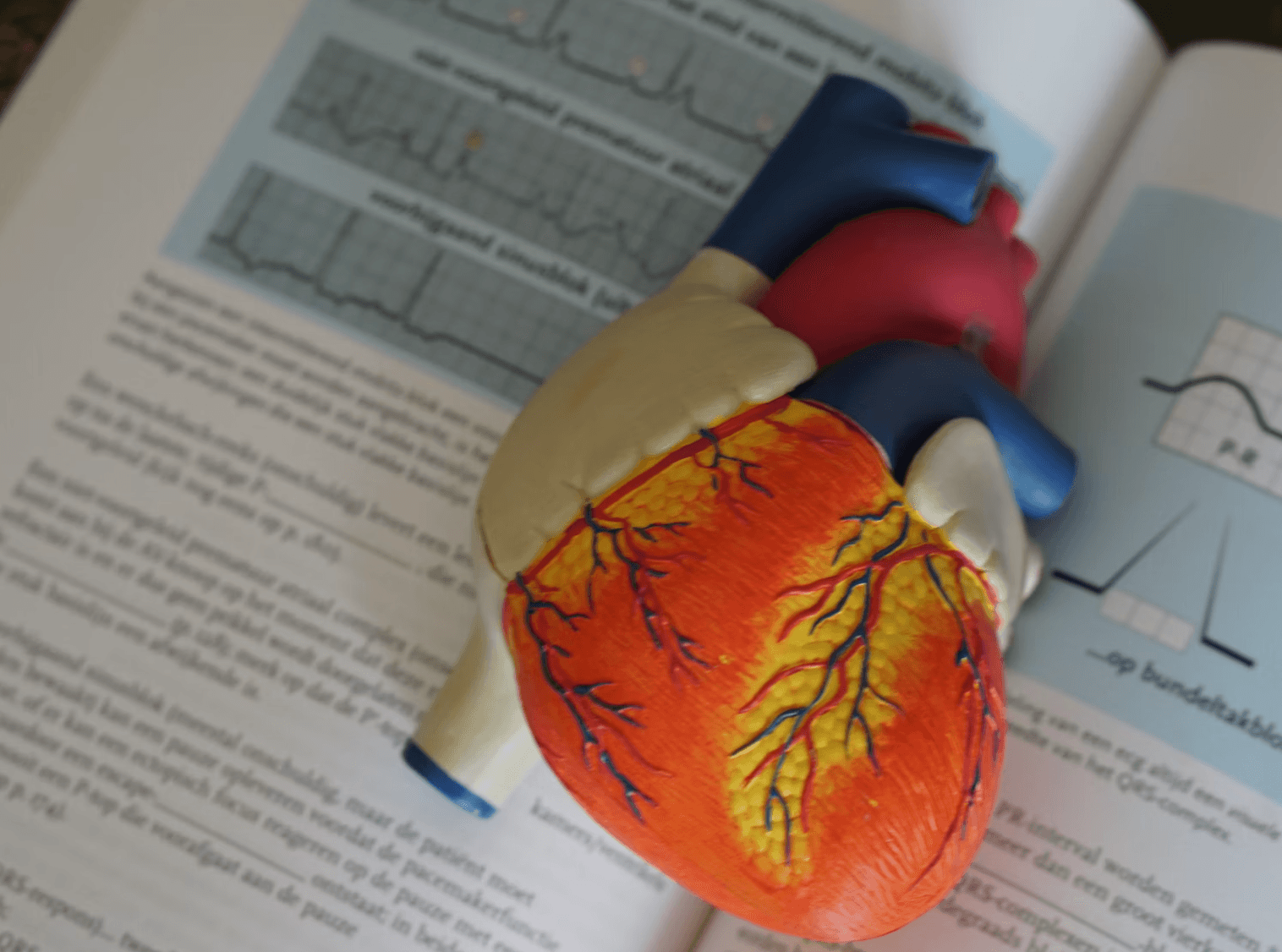In the age of digital connectivity, our lives are intertwined with technology more than ever. While the benefits are undeniable, there’s a growing body of research suggesting that exposure to electromagnetic fields (EMFs) from our devices could have implications for our heart health. This is a topic that deserves our attention, not just for its scientific intrigue but also for its potential impact on public health.
If you’re interested in learning about the kind of effects you may be subject to through long term exposure to EMFs
Radiofrequency electromagnetic fields, emitted by everyday devices like cell phones and tablets, are absorbed by the human body. Recent analysis by the Environmental Working Group (EWG) suggests that this absorption may affect heart health. This revelation underscores the importance of understanding and mitigating the potential risks associated with EMF exposure.
Studies such as this one, have shown that exposure to radiofrequency radiation can affect heart rate variability, a key indicator of heart health. Other research has demonstrated potential effects on cardiovascular development, and even suggested that prenatal exposure to EMFs could impact the heart health of offspring. These findings highlight the need for further investigation into the long-term effects of EMFs on cardiovascular health.
Interested in other effects that EMF radiation can have on your body? Read more about how your brain health, immunity and fertility can be affected.
The potential impact of EMFs on heart health is not just a concern for the individual but also a public health issue. With the ubiquity of wireless communication devices, the majority of the population is exposed to some level of EMFs. This makes it a relevant topic for everyone, from health professionals to the general public. The question then arises: why should people be aware of this? Simply put, awareness is the first step towards action. Understanding the potential risks associated with EMF exposure can inform decisions about technology use and encourage the development of safer technologies. It can also drive policy changes to regulate EMF exposure and protect public health.
While the research is ongoing, it’s prudent to take a cautious approach to EMF exposure. Simple measures like using speakerphones or a wired headset, keeping devices away from the body when not in use, and turning off devices when not needed can help reduce exposure. It’s also important to stay informed about the latest research on EMFs and health.
Moreover, it’s important to note that the potential effects of EMFs on heart health are not limited to humans. Studies have shown that EMFs can also affect heart rate variability in animals. For example, this study depicted the effects in rabbits. This further underscores the need for comprehensive research into the biological effects of EMFs across different species. In addition to personal measures to reduce EMF exposure, there’s a need for collective action. This includes advocating for stricter regulations on EMF emissions from wireless devices and infrastructure. Public health organizations, policymakers, and technology companies all have a role to play in this endeavor. As with anything, education is also a crucial part of the equation. By incorporating information about EMFs and health into public health messaging, we can empower individuals to make informed decisions about their technology use. Schools, healthcare providers, and community organizations can all contribute to these educational efforts.
Read here about why the current FCC guidelines are actually outdated and don’t reflect the standards we need today to protect our safety & health here.
So the potential impact of EMFs on heart health is a topic that warrants our attention and action. By staying informed, taking precautionary measures, and advocating for safer technologies and regulations, we can ensure that the digital age is not just a time of technological advancement, but also a time of health-conscious progress.

